Mission Veterinary Clinic
16915 San Fernando Mission Blvd, Granada Hills, CA 91344
Phone: 818-363-8143>
Website: missionvet.com
Urgent Care | Walk-ins Only
What is Intervertebral Disc Disease (IVDD)?
Intervertebral Disc Disease (IVDD) is a condition that affects the spine of pets, particularly dogs, leading to pain, nerve damage, and in severe cases, paralysis. The intervertebral discs are cushions between the bones of the spine (vertebrae), which can deteriorate or rupture, causing the disc material to press on the spinal cord.
Types of IVDD
IVDD is generally classified into two types
- Type I IVDD: More common in smaller breeds like Dachshunds, Corgis, and Beagles. It involves the sudden rupture of a disc, often causing acute symptoms.
- Type II IVDD: This type occurs more gradually and is more commonly seen in larger breeds. The disc material slowly bulges, leading to a gradual onset of symptoms.
Symptoms of IVDD
Pets with IVDD may exhibit one or more of the following signs:
- Pain and stiffness in the neck or back
- Reluctance to move, jump, or climb stairs
- Weakness in the limbs, often more pronounced in the hind legs
- Loss of coordination or a wobbly gait
- Difficulty walking or inability to walk
- Muscle spasms or tense abdominal muscles
- Loss of bladder or bowel control in severe cases
Diagnosis
If your pet exhibits any of these symptoms, it is crucial to seek veterinary care immediately. At Mission Veterinary Clinic, we may use a combination of physical exams, neurological assessments, and imaging techniques such as X-rays, MRI, or CT scans to diagnose IVDD.
Treatment Options
The treatment for IVDD depends on the severity of the condition:
- Conservative Treatment: In mild cases, rest, pain management, anti-inflammatory medications, and muscle relaxants may be prescribed. Physical therapy might also be recommended to help strengthen the muscles and support the spine.
- Surgical Intervention: In more severe cases, surgery may be necessary to remove the ruptured or bulging disc material and relieve the pressure on the spinal cord. Surgery is often the best option for pets with significant neurological deficits or those who do not respond to conservative treatment.
Recovery and Management
Recovery from IVDD can vary. Pets undergoing conservative treatment may need several weeks to months of restricted activity. Post-surgical pets often require physical therapy and careful monitoring. It is important to follow your veterinarian’s recommendations closely to prevent recurrence or worsening of the condition.
Prevention Tips
While not all cases of IVDD can be prevented, the following tips can help reduce the risk:
- Weight Management: Keeping your pet at a healthy weight reduces the strain on their spine.
- Controlled Activity: Avoid activities that put excessive stress on your pet’s back, such as jumping off furniture.
- Regular Check-ups: Regular veterinary visits can help monitor your pet’s spine health and catch early signs of IVDD.
When to Seek Help
If your pet shows any signs of back pain, weakness, or difficulty walking, visit Mission Veterinary Clinic immediately. Early intervention can greatly improve the outcome for pets with IVDD.
For more information or urgent care, visit us at Mission Veterinary Clinic in Granada Hills, CA. We are here to help your pets live healthy, happy lives.
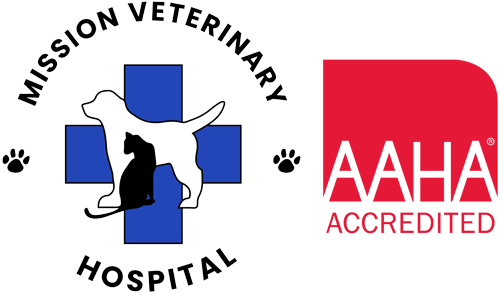
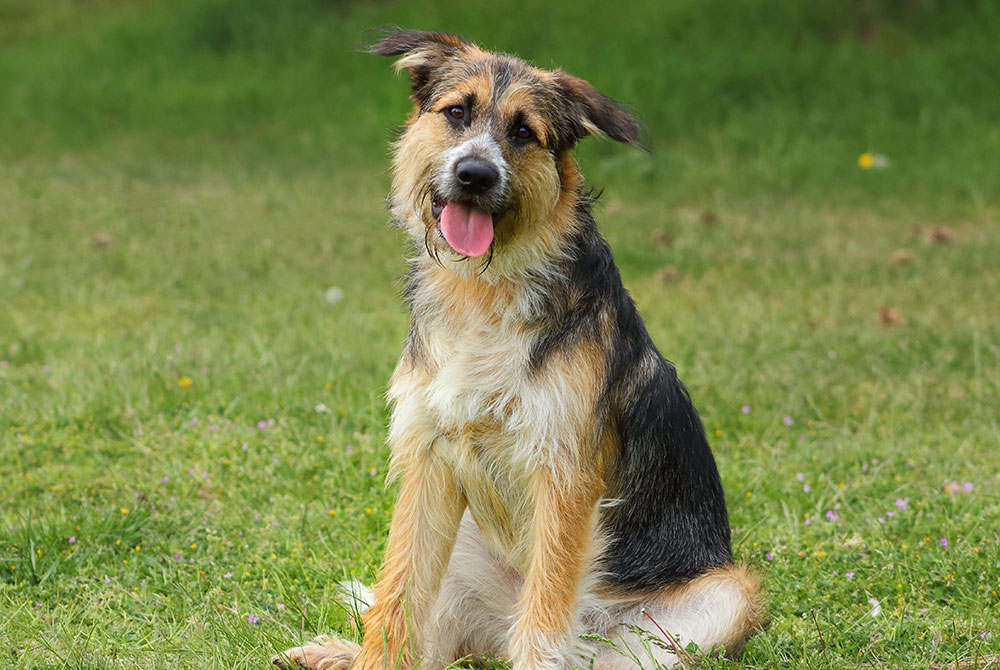
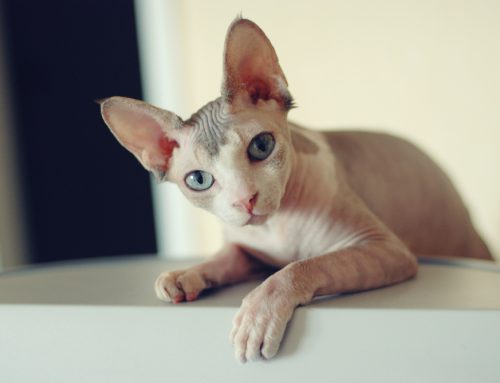

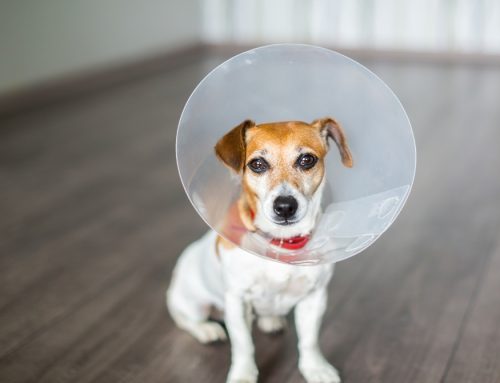
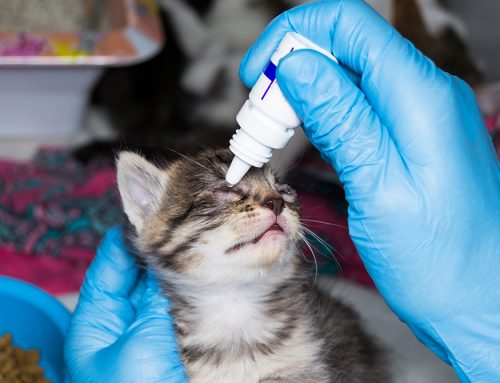




Leave A Comment